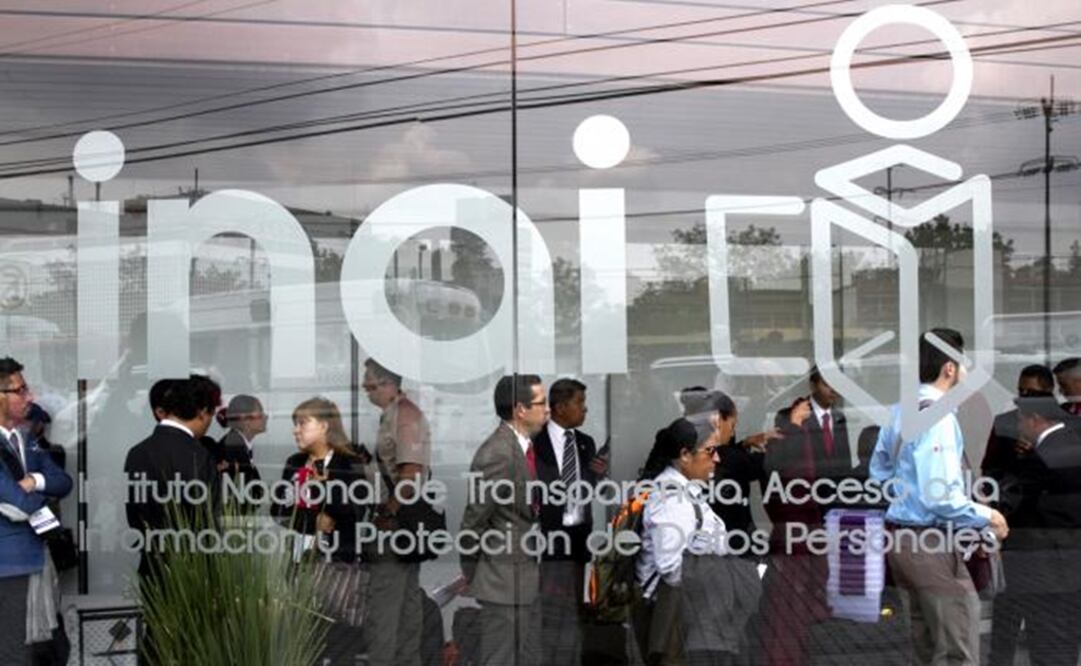Más Información

Semar asegura laboratorio clandestino y bodega; señalan que pertenece a "Los Rugrats", brazo armado del Cártel de Sinaloa

Morena se deslinda de dichos de vocera de su partido en la CDMX; narco es uno de los principales empleadores en México, dijo

Operativo “Cisne Negro”, túneles y una película frustrada; así narró EL UNIVERSAL la recaptura de “El Chapo” hace 10 años

"Estamos en riesgo, porque la amenaza es real", afirmó Petro a NYT; llamada con Trump disipó crisis entre Colombia y Estados Unidos
The chairmanship of the National Institute for Transparency, Access to Information and Personal Data Protection (INAI) will be renewed in a couple of weeks. The possibility of internal conflict cannot be ruled out considering the nature of the current renovation process. However, if the INAI shields its process henceforth, the appointment, and thus the overall performance of a critical player in the democratic life of the country, could remain untainted.
The INAI holds all public agencies accountable. Its current chairman election method is based on a secret vote issued by seven of its board members; a method that promotes lobbying both and against a given commissioner and which creates an environment of “kicks under the table” according to former IFAI chair, María Marván in an interview to EL UNIVERSAL.
The current system aims at reaching an agreement with the largest concurrence as possible.
Nevertheless, the unit or consensus candidacy actually implies the exchange of favors between players as warned by researcher Mauricio Merino.
The concepts of transparency and access to government information are relatively news in our country. It was back in 2001 when academic institutions, non-governmental institutions, and the media, EL UNIVERSAL among these, promoted the creation of an Access to Public Information Law, which came into force only a couple of months later.
The Federal Institute for Access to Information (IFAI) and its corresponding applicable law came into existence late in the Vicente Fox administration (2000-2006). An administration that showed how effective the newly created tool came to be with the release of exorbitant prices paid for a set of towels used by the then-presidential family.
With the advent of the INAI in 2014, former IFAI ceased to be, the new agency was conferred with enhanced authority and the transition did not come without controversy. A sort of civil war broke out between then-commissioners, little before the transition to the INAI occurred.
Accusations were made and, though the commissionaires could actually have been ratified to continue performing their duties in the newly created institute, they were all ruled out.
Making agencies accountable contributes to the eradication of corruption, one of the most serious issues of the country. Yet, if the agency in charge of performing such duty is caught up in an internal conflict, the right to access public information is left adrift.
Current commissioners would have to put the common good before any group or personal interest as a conflict that results in the discredit of the institute will come at a very high cost for the National Anti-corruption System was put underway only yesterday. Present members of the INAI must be clear about what is at stake from now on.
Noticias según tus intereses
[Publicidad]
[Publicidad]










